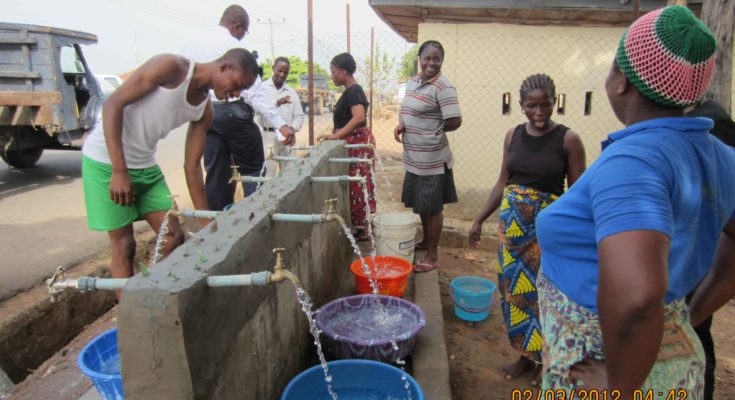
Residents in the Ikorodu and Alapere areas of Lagos State are sounding the alarm over severe water supply problems. According to reports, inconsistent electricity – which powers local boreholes – is disrupting water access, while the quality of available water forces many households to turn to costly private sources for drinking water.
A major issue for these communities is unreliable power. Many residents rely on electric pumps to draw water from boreholes, meaning every electricity outage directly impacts their ability to access water. Journalist-cinematographer John Taiwo, who lives in Ikorodu, describes water as a “myth of life” — his ability to fill his tank depends entirely on when the lights are on.
This is not a new story: Ikorodu residents have threatened a showdown with their electricity provider, Ikeja Electric, over persistent blackouts. Moreover, communities like Love Estate in Ikorodu-Elepe have endured months-long outages, making basic water pumping and household activities virtually impossible.
Because of this, residents often have to carefully time when they pump water — a challenge if power is unpredictable.
Even when water is available, quality is a major concern. In Ikorodu, some market women pay to access water but still cannot trust it for drinking — they resort to sachet water instead. Others treat the water themselves, but many feel the risk is too high.
In Alapere, the situation is even more dire. Some residents describe the water in their compounds as “very bad,” saying it’s only suitable for uses like toilets, not consumption. One banker revealed she buys 25-litre kegs from a community borehole for ₦2,500 every few days, yet still drinks sachet water. Contamination is a real concern — soil and sediment often taint the water coming from local taps.
There are small pockets of relief. A teacher in Ikorodu, Idris Ayeni, drilled a borehole in his compound and reports that the water is good enough to drink. He says it’s saved him a lot of money, and he no longer has to buy sachet water. But such success stories are the exception, not the rule.
In Alapere, one woman named Janet Adeola says her compound’s borehole water “tastes clean,” though she admits she has never had it lab-tested.